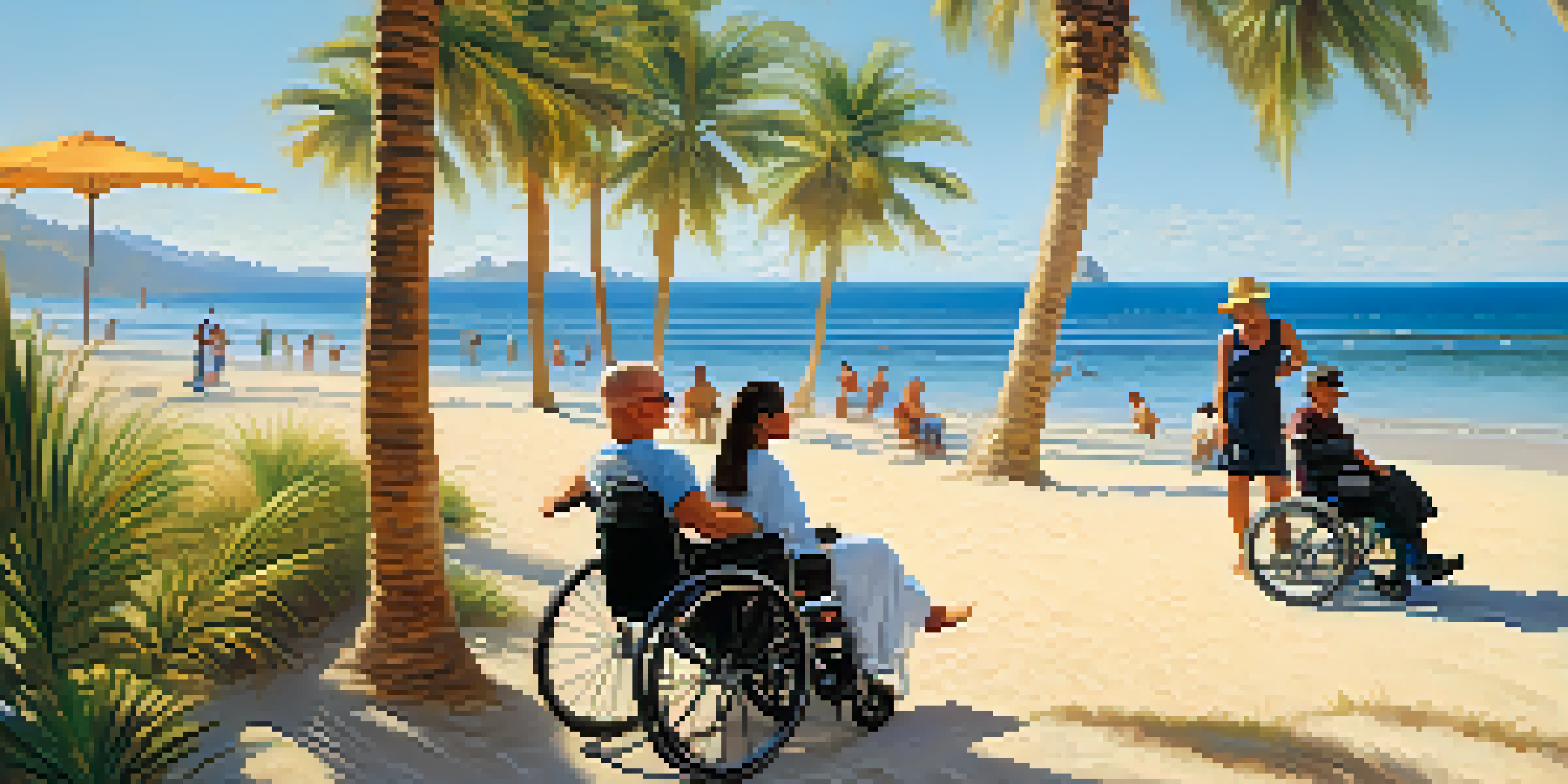Understanding Disability Rights in Travel and Tourism

What Are Disability Rights in Travel and Tourism?
Disability rights in travel and tourism refer to the legal protections and accommodations that ensure individuals with disabilities can travel freely and comfortably. These rights aim to eliminate barriers that might prevent equal access to travel experiences. It's important to note that these protections can vary significantly from one country to another, affecting how inclusive the travel industry is for people with disabilities.
Legal Frameworks Supporting Disability Rights
Several legal frameworks support disability rights in travel and tourism, with the Americans with Disabilities Act (ADA) being a prominent example in the United States. This act mandates that public accommodations, including hotels and transportation, must be accessible to individuals with disabilities. Internationally, the United Nations Convention on the Rights of Persons with Disabilities (CRPD) further emphasizes the need for inclusive travel practices worldwide.
Disability Rights Ensure Travel Access
Legal protections aim to eliminate barriers that hinder travel for individuals with disabilities.
Common Challenges Faced by Travelers with Disabilities
Despite existing laws, travelers with disabilities often encounter various challenges. These can range from physical barriers, like inaccessible transportation options, to lack of awareness among service providers about the specific needs of disabled travelers. Moreover, the availability of accessible accommodations can be limited, making it difficult for individuals to plan a seamless trip.
Best Practices for Inclusive Travel Planning
When planning an inclusive trip, it's crucial to communicate specific needs to travel providers upfront. This could include requesting accessible rooms, transportation, or special assistance at airports. Additionally, researching destinations that prioritize accessibility can make a significant difference, ensuring a more enjoyable travel experience for everyone involved.
Technology Enhances Travel Accessibility
Innovative tech solutions help improve travel planning and accessibility for disabled travelers.
The Role of Technology in Enhancing Accessibility
Technology plays a vital role in enhancing accessibility for travelers with disabilities. From mobile apps that provide information on accessible routes to online platforms that highlight inclusive hotels, tech is making travel planning easier. Furthermore, innovations like virtual reality can help individuals preview locations before visiting, allowing them to gauge accessibility.
How Travel Companies Can Improve Accessibility
Travel companies can improve accessibility by actively training staff on disability awareness and etiquette. This ensures that employees are equipped to assist travelers effectively. Moreover, updating websites to include clear information about accessibility features can empower travelers to make informed choices about their journeys.
Advocacy Drives Inclusive Travel Changes
Advocacy groups are crucial in promoting better accessibility standards and raising awareness about the needs of disabled travelers.
Advocacy and Community Support for Travelers
Advocacy groups play a significant role in pushing for better accessibility standards in travel and tourism. These organizations raise awareness about the challenges faced by disabled travelers and work towards policy changes that promote inclusivity. Additionally, community support can provide valuable resources and recommendations that help individuals navigate their travel options more effectively.
The Future of Disability Rights in Travel
The future of disability rights in travel and tourism looks promising as awareness continues to grow. With ongoing advocacy and technological advancements, there is a shift towards more inclusive practices within the industry. As more people become aware of the importance of accessibility, we can expect to see a broader range of options available for travelers with disabilities, making travel a more enjoyable experience for everyone.